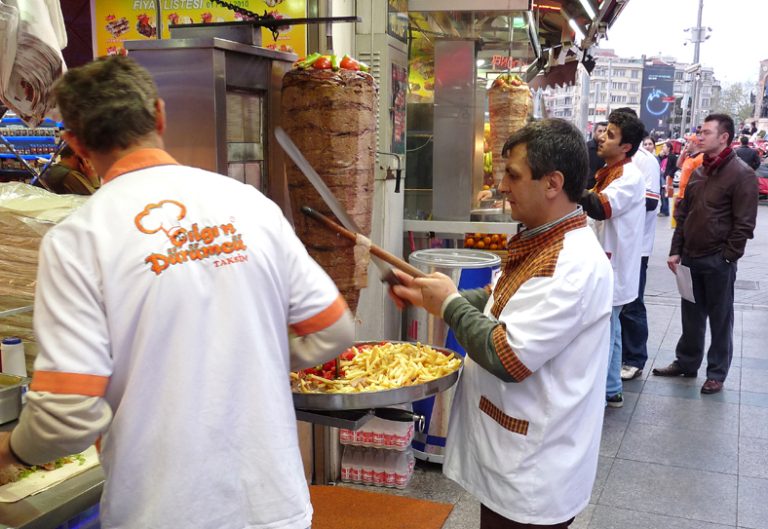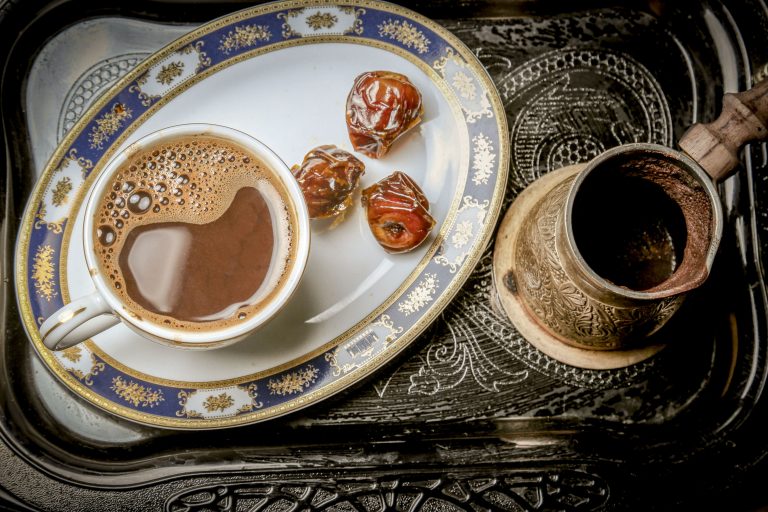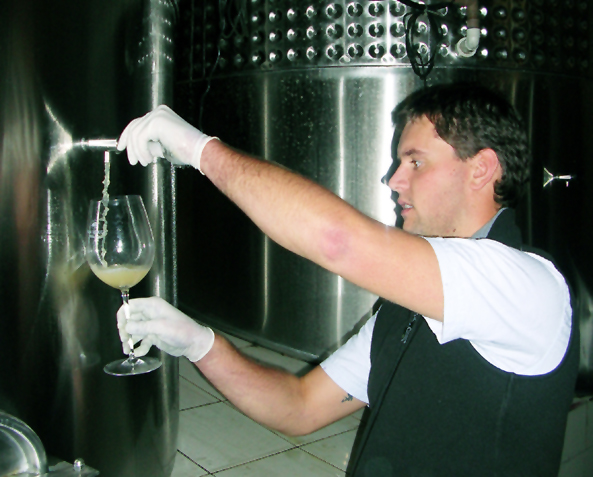Published with permission from LuxuryWeb Magazine
The nearly 400-year occupation of Greece by the Ottoman Empire left an indelible mark on Greek culture, language, and, most notably, its gastronomy. Greek culture incorporates many Italian and a few Arabic words, reflecting its diverse influences. The culinary exchange was mutual, as Greek chefs often worked in the Sultan’s kitchens in Istanbul.
Many renowned Greek recipes trace their origins to Turkish or Italian cuisine, and several Turkish dishes have roots in Greek cookery.

For instance, Greek coffee, a beloved elixir in both Greece and Turkey, was referred to as “Turkish coffee” in Greece until 1974. Following Turkey’s invasion of Cyprus that year, Greek nomenclature was revised to eliminate Turkish references. Thus, Turkish coffee became Greek coffee, and Tourkolimano (Turkish Harbor) near Piraeus was renamed Microlimano (Small Harbor).
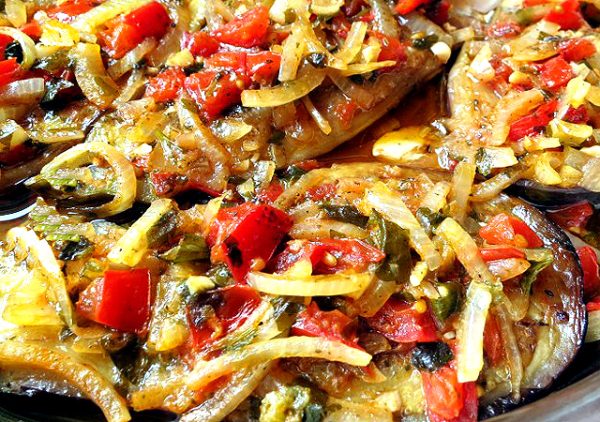
In traditional Greek restaurants, you might find Melitzanes Imam, a dish inspired by the Turkish eggplant dish Imam Bayildi. This recipe is a staple in Greek households, prepared frequently by Greek housewives.
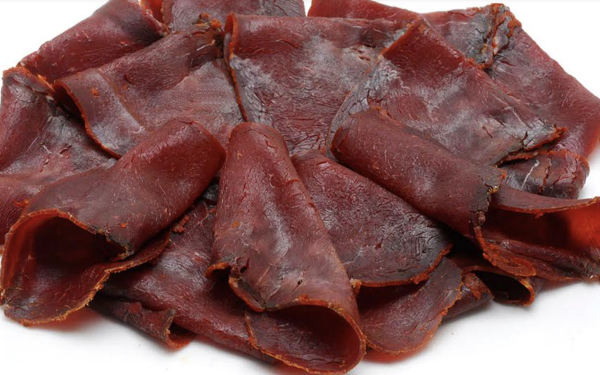
Success
You are now signed up for our newsletter
Success
Check your email to complete sign up
In Turkey, bastirma or pasturma is a favored appetizer. This sun-dried beef filet or sirloin is salted, covered with a mildly spicy paste of pimiento, cumin, and garlic, and thinly sliced. The name comes from the Greek/Byzantine word “paston,” meaning a highly salted, pressed, and sun-dried piece of meat, a preservation method predating refrigeration.
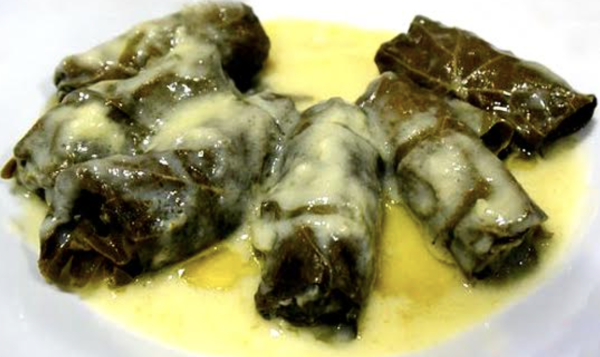
Both Greek and Turkish cuisines cherish brine-preserved vine leaves stuffed with a meat, rice, and dill mixture, topped with an egg-lemon sauce called “dolma” in Turkish, meaning stuffed. In regions like Crete, Cyprus, and Greek islands near Turkey, they are also known as “yaprakia,” derived from the Turkish “yaprak dolmasi.” Yaprak is a word borrowed from Azerbaijani.
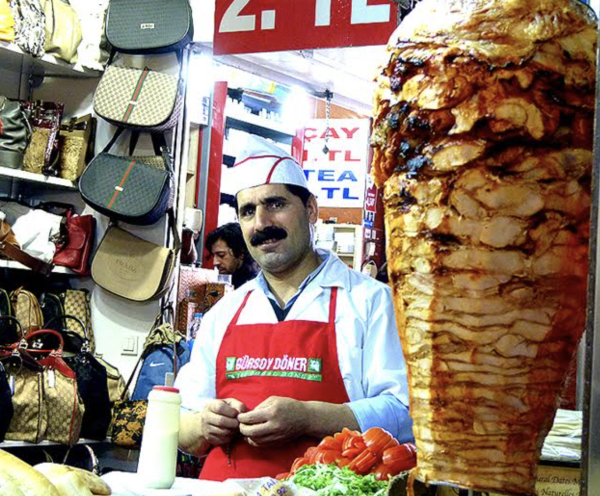
Street food is immensely popular in both countries. The Turkish “döner kebab” is known as “gyros” in Greek, both translating to “meat that revolves.” This dish features spiced lamb or chicken grilled on a vertical spit.
The meat is served on flatbread, known as pita in both Greece and Turkey, and topped with sliced onion, tomato, lettuce, and tzatziki — a sauce made from drained salty yogurt, garlic, and cucumber. The sandwich is rolled in paper for easy enjoyment while exploring city markets.
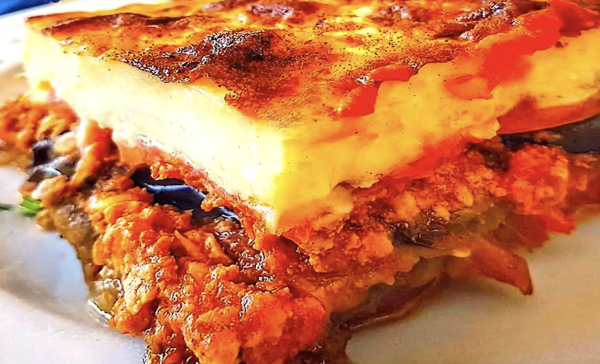
Another beloved dish is “Moussakas,” likely of Arabic origin. In both Greece and Turkey, it is a casserole of lightly fried eggplant or potato slices, layered with chopped meat cooked in tomato sauce, topped with thick béchamel, and baked. In other Middle Eastern and North African countries, “mussaka” refers to a cold dish of fried eggplant slices without meat, dressed with thick tomato sauce and no béchamel. The Arabic word “musaqqâ” means moistened, referring to the tomato sauce.
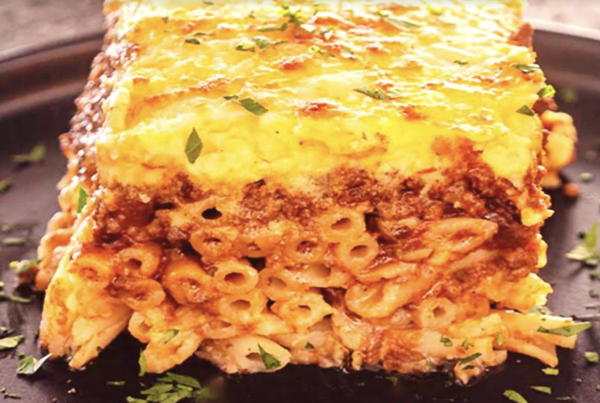
“Pastitsio” is a Hellenized version of “Lasagna,” made with Perciatelli, Bucatini, or Ziti instead of lasagna noodles, enjoyed in both Greek and Turkish cultures. French influences are also evident, and during summer, an iced cold “café frappe” is a popular alternative to hot coffee, enjoyed throughout the Eastern Mediterranean.
As my Italian friends say, “una faccia, una razza,” meaning “the same face, the same race.” This phrase reflects the interconnectedness of Mediterranean peoples, who have intermingled, intermarried, and shared cultural influences through the ages, including their love for similar foods.
Visit LuxuryWeb Magazine to see the original article and more.



